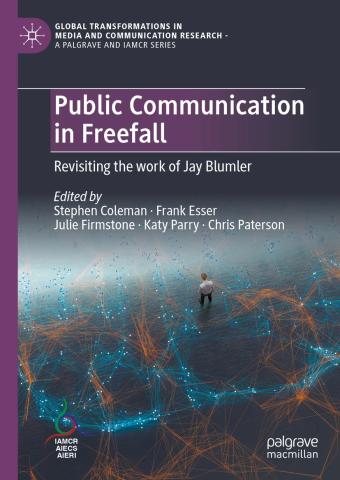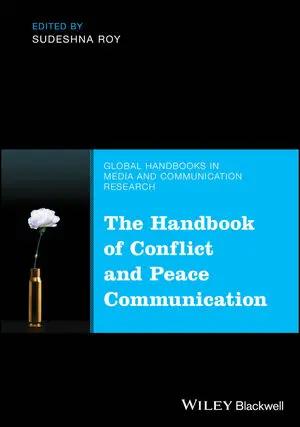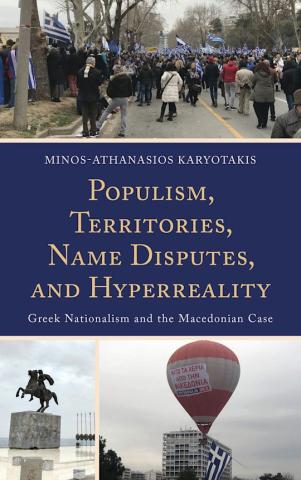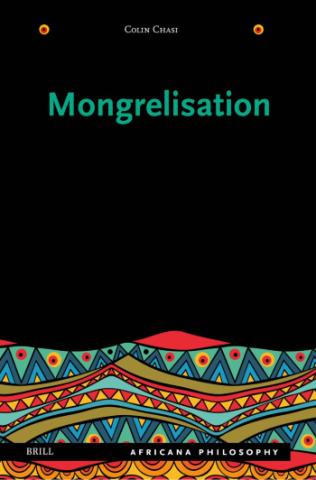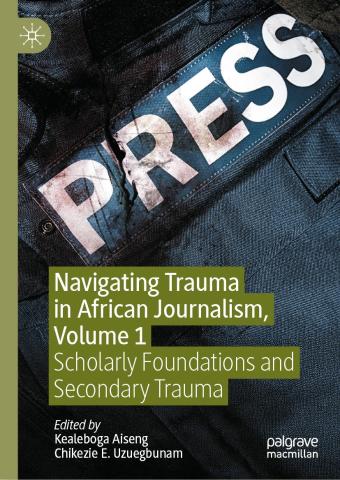IAMCR is deeply saddened by the passing of Manuel Parés i Maicas, president of IAMCR from 1998 to 2002 and a dear colleague and friend to many in our community.

The Political Communication Research Section has issued its September newsletter, featuring information about the first Africa Regional Conference, new academic job opportunities at NUS, and a rich selection of upcoming calls for papers spanning AI, digital culture, and media in conflict.


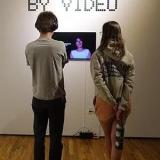
IAMCR books
Public Communication in Freefall is the latest title in the Palgrave/IAMCR book series Global Transformations in Media and Communication Research. It examines the challenges facing political communication in the 2020s, drawing on and critically updating Jay Blumler’s work to explore what publicness and democracy mean in a changing media and political environment.
This book delivers an authoritative exploration of a variety of critical conflicts in the world and a spectrum of approaches to peace communication.
Members' books
Authored by IAMCR member Minos-Athanasios Karyotakis, this book examines how and why societal actors may use different names to refer to the same territory. Karyotakis demonstrates the enormous symbolic power that the names of places can hold.
Democratising Spy Watching: Examines how public actors across Southern Africa have stepped in to oversee intelligence-driven digital surveillance where formal oversight mechanisms fall short. Co-edited by Jane Duncan, an IAMCR member, the book highlights public oversight as a critical response to expanding surveillance powers.
Mongrelisation: Reinterprets why diversity and inclusion matter by reclaiming the figure of the “mongrel” as a source of dignity and worth. By IAMCR member Colin Chasi, the book draws on African moral traditions such as Ubuntu and Maat to foreground hybridity, mixing, and crossing as central to human history and culture.
This book examines how sub-Saharan African journalists navigate secondary trauma from reporting violence and crises. Edited by IAMCR members Kealeboga Aiseng and Chikezie E. Uzuegbunam, it foregrounds care, resilience, and mental health in journalistic practice.
